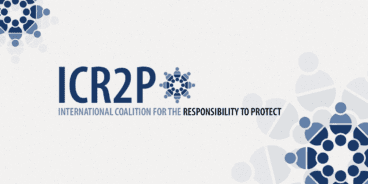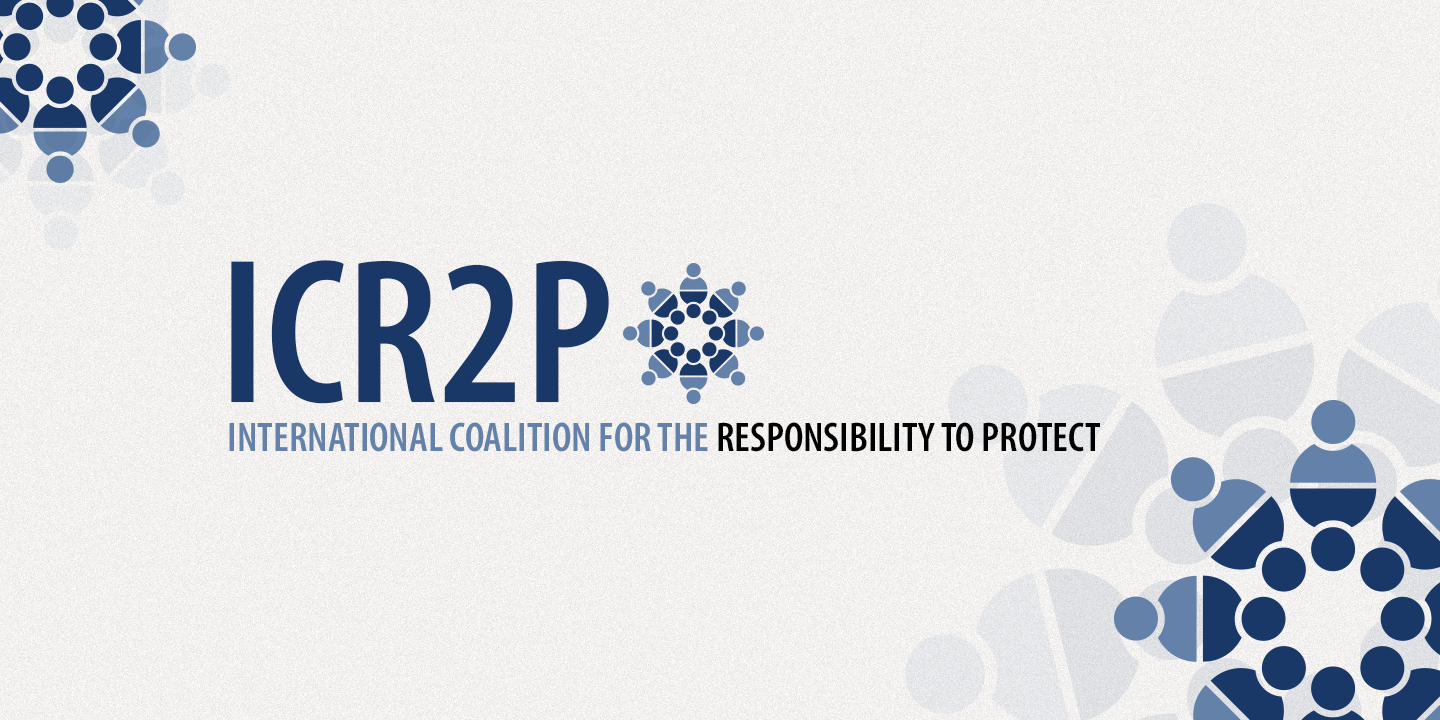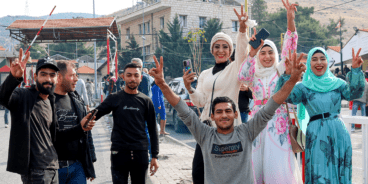

Statement by the International Coalition for the Responsibility to Protect regarding the 75th anniversaries of the Genocide Convention and Universal Declaration of Human Rights
On 9 and 10 December the international community will mark the 75th anniversary of two of the world’s most important global commitments: the Convention on the Prevention and Punishment of the Crime of Genocide and the Universal Declaration of Human Rights. These landmark documents advanced a promise of dignity, protection and justice for all people for the first time. Through the Declaration, the international community framed a set of fundamental human rights to be universally protected, providing a common global standard of freedom and equality for humanity. Through the Genocide Convention, the international community defined and outlawed the crime of genocide, placing obligations on states to prevent such conscious-shocking acts.
Despite the convictions of “never again” that guided the creation of these two documents, throughout the past 75 years the international community has struggled to uphold universal human rights and prevent genocides and atrocities – from Cambodia, Rwanda, and Srebrenica, to Syria, Sudan, Iraq, Israel and the Occupied Palestinian Territory, Myanmar, China and elsewhere. The international community has equally struggled to end impunity and ensure accountability for those who violate the principles and obligations codified in both the Universal Declaration of Human Rights and the Genocide Convention. At the same time, situations of grave violations of human rights around the world – often perpetrated by states themselves and which serve as key early warning indicators of potential atrocity crimes – increasingly paralyze the international community in terms of both prevention and response. The capacity of states and the international community to identify risks and rapidly respond is further exacerbated by growing global challenges such as climate change, artificial intelligence, and hate speech.
Civil society and affected populations, including survivor communities, have been resolute defenders of the rights and responsibilities set out in the Genocide Convention and Universal Declaration of Human Rights. Through extensive documentation, advocacy, campaigning, demonstrations, lobbying, localized programming, capacity-building, human rights education, and countless other avenues, the work and efforts of civil society and affected populations have been critical in the realization of the protections and obligations enshrined in both documents. Through international, national and local human rights movements, civil society and affected populations have consistently and robustly carried the torch of universal human rights and freedoms, speaking truth to power and demanding the promotion and protection of their enshrined civil, political, economic, social and cultural rights. Even in the face of shrinking civic space as well as targeted violations and abuses against them, including attacks, threats, and harassment, civil society has remained resilient in working to ensure that the Genocide Convention and Universal Declaration of Human Rights are upheld without exception.
In this context, we urge all stakeholders to meaningfully support and engage with civil society and affected populations, including survivor communities, as critical partners in the fulfillment, realization and universalization of both the Genocide Convention and Universal Declaration of Human Rights. The current global context demands an urgent recentralization of human rights and the rule of law – we urge all UN member states to recommit to the rights, protections and obligations enshrined in both documents. We further encourage member states to strengthen their early warning systems for identifying risk factors for atrocities, as well as to implement comprehensive educational programs to promote understanding, respect, and adherence to the principles of both documents from an early age.
On the occasion of this historic anniversary, the international community must seize the momentum sustained by civil society and ensure that these solemn commitments are not simply abstract words but rather tangible acts that fulfill the promises of dignity, protection and justice for all.
Related Content

